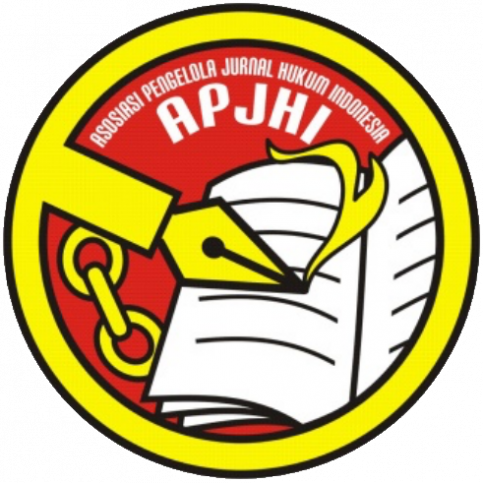Access To Justice for Vulnerable Groups in Ptun Procedures Procedural Obstacles and Legal Solutions
Abstract
Access to justice is not just a situation or goal to be created, but also a process, a description of the conditions expected from the implementation of access to justice in the Indonesian context, basically, is that the State guarantees the fulfillment of basic human and citizen rights based on the 1945 Constitution, groups of people who are able and vulnerable groups of people, including the elderly, children, the poor, pregnant women and people with disabilities. By using a normative legal approach method, namely examining law within the scope of literature studies and using qualitative research specifications, the data analysis that the author conducted was a qualitative data analysis-legal analysis based on the nature of descriptive research, using primary data and secondary data types that include primary legal materials, secondary legal materials, and tertiary legal materials. The results of the research that the author obtained were that there are procedural obstacles faced, such as procedural costs that burden vulnerable groups, and not everyone knows the prodeo (free) filing procedure, the complexity of procedures including writing lawsuits, up to the 90-day deadline, and administrative legal standing is often rejected due to incompleteness. The absence of systematic legal assistance, e-court only supports technology-savvy communities, the lack of interpreters, special assistants, and the absence of affirmative instruments explicitly regulating the protection of vulnerable groups in PTUN procedures.
DOI: http://dx.doi.org/10.31000/jhr.v13i2.14961
Article Metrics
Abstract - 28Refbacks
- There are currently no refbacks.

This work is licensed under a Creative Commons Attribution-ShareAlike 4.0 International License.

